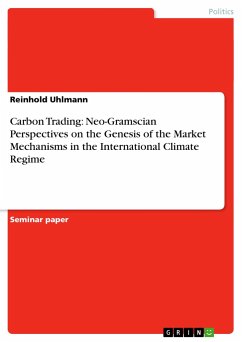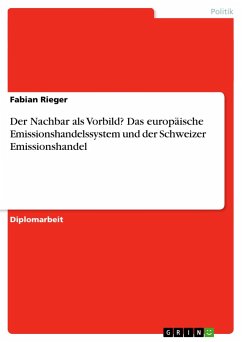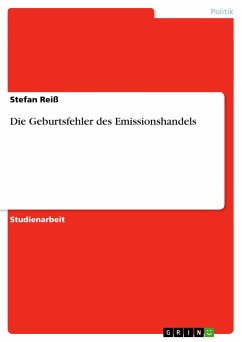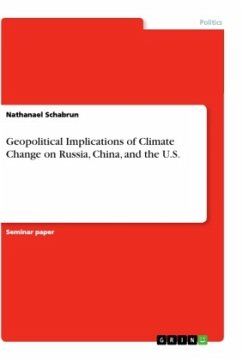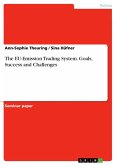Seminar paper from the year 2009 in the subject Politics - Environmental Policy, grade: 1,3, Ernst Moritz Arndt University of Greifswald (Institut für Politik- und Kommunikationswissenschaft), course: International environmental politics, language: English, abstract: This paper examines whether neo-Gramscian perspectives can explain the genesis of the three market mechanisms in the international climate regime, which are emissions trading, the Clean Development Mechanisms (CDM) and Joint Implementation (JI).As far as I know no other article examined exactly this question before. After the description of the theory and a short introduction of these tools with their advantages and drawbacks, the history of the market mechanisms is explained in order to see whether the case goes hand in hand with the neo-Gramscian perspectives. The result is that these approaches can perfectly explain the genesis of the market mechanisms although a very little number of facts could maybe better explained with a governmentality approach.
Hinweis: Dieser Artikel kann nur an eine deutsche Lieferadresse ausgeliefert werden.
Hinweis: Dieser Artikel kann nur an eine deutsche Lieferadresse ausgeliefert werden.

